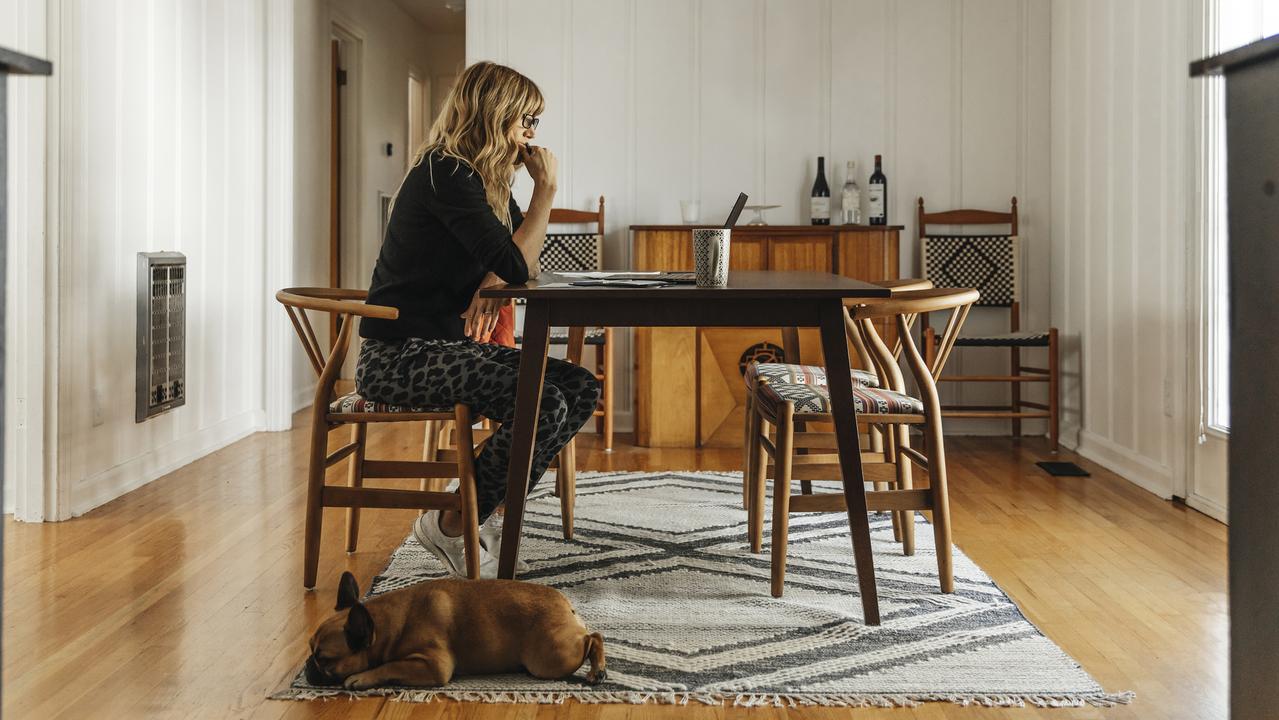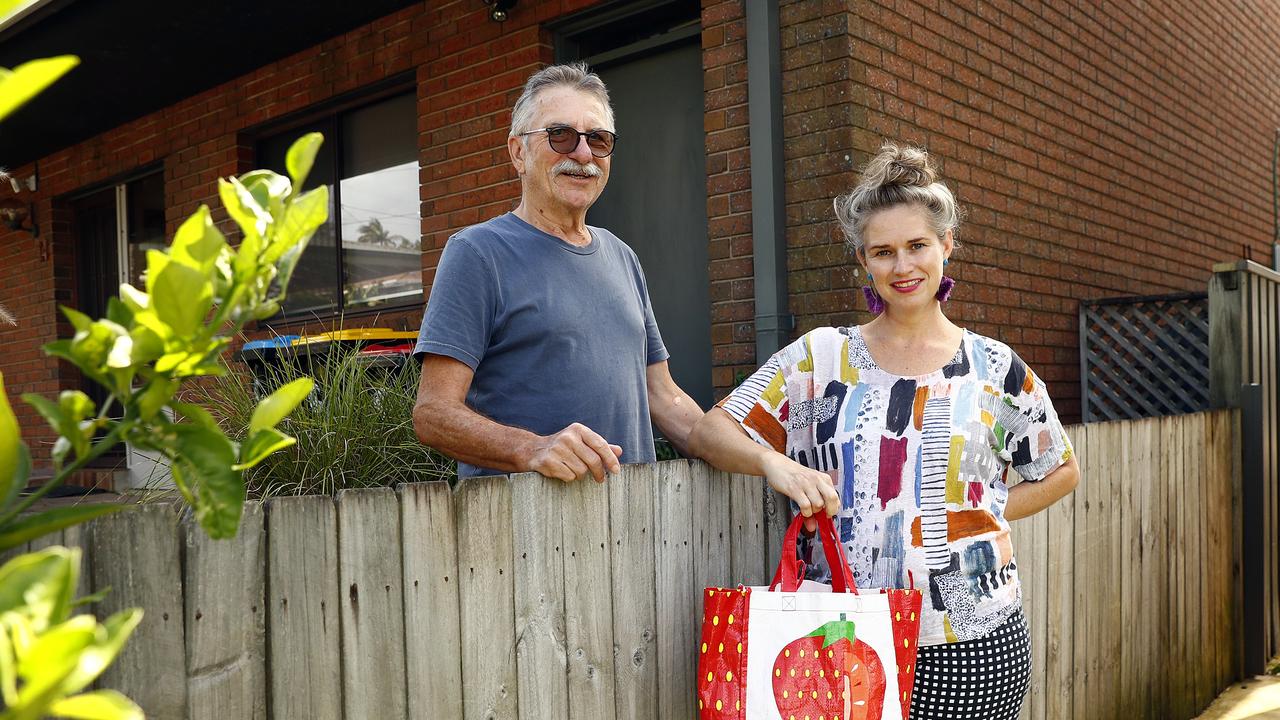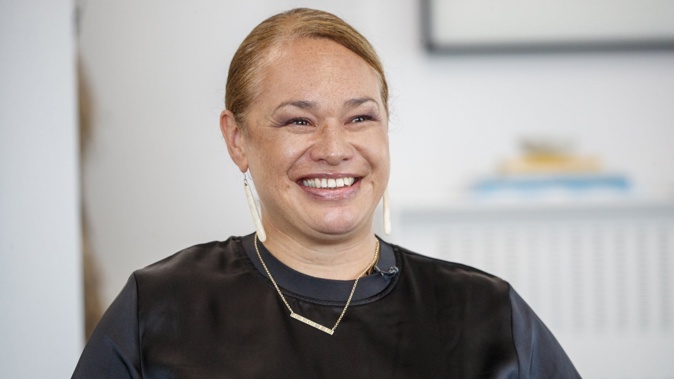PHOTO: NEWS.COM.AU
When it comes to buying or selling a home, or even just browsing for fun, there’s one group you shouldn’t be listening to. Procrastination, poor supply, and the unpredictability of the economic climate are holding homebuyers hostage, say buyer’s agents.
Making an offer in 2024 is challenging given all the home-buying hurdles, but having a property plan, doing your homework, and honing your negotiation skills will get you closer to the negotiating table.
UNDERSTAND THE CURRENT CHALLENGES
Frustrated house hunters can smooth their path by researching their local market and getting their financial ducks in a row.
Chris Gray, founder of Your Empire, buyer’s agent, author, and TV presenter, says high levels of competition, low levels of quality stock in sought-after areas, and unknowns around a listing’s “real” price are leading to confusion and purchaser procrastination.

Do NOT procrastinate.
MORE: Untold secrets of Australia’s only $200m home
“Do NOT procrastinate. And some of those closest to you are exactly who you shouldn’t be taking advice from.”
Your neighbours might be lovely, but they’re probably not real estate experts. Get them talking about the weather, footy, or the Olympics instead.
“People are still listening to their neighbours. They’re so scared of interest rate rises, the so-called mortgage cliff, and cost-of-living troubles, so they just don’t take any action. Most buyers operate in a herd mentality rather than a logical decision-making one,” Gray says.
BE READY TO MAKE YOUR MOVE
Doing your due diligence on a home not only helps you sort through the pool of properties but also gives you the confidence to go in with an unconditional offer that gets noticed.
“A completely unconditional offer to an agent or vendor is more appealing than a ‘maybe’ offer,” Gray says.

Your neighbours may be lovely but they’re probably not real estate experts. Picture: Sam Ruttyn
“An unconditional offer means: I’ll give you $1m guaranteed now, and here’s my 10 percent deposit, which the agent can bank straight away. This is versus a conditional offer meaning: I’ll give you $1m, but if I find something wrong after I do my inspections, then I might walk away.”
Cate Bakos, buyer’s advocate and author, adds that organization is also paramount.
“A buyer needs to be prepped with their due diligence, confident with their finance, and be prepared to put pen to paper,” she says.
“Being signature-ready is critical when it comes to submitting offers.”
LOOK FOR OPPORTUNITIES
Lloyd Edge, buyer’s agent, author, and podcaster with Aus Property Professionals, says seeking out a unique property could be advantageous.
“A property that’s sat on the market for a while might go stale and have less interested buyers, but find out why,” Edge says.
“If it’s run down and needs some TLC, this could be a good opportunity. Maybe it has messy tenants, easements, or a sewer line that might prevent development, but if you’re not planning to redevelop, those issues won’t affect you.”
Although good deals are out there, Bakos says it’s the caliber of property that counts.
The breakthrough that led police to find missing real estate agent
“In heated markets, it’s vital for buyers to remember quality properties will always attract competing buyers,” she says.
“Whether the market is a seller’s or a buyer’s market, the imperative for long-term high performance is quality property. A good deal is about buying a great property that performs well. A cheap, low-quality property is a false economy.”
FIND THE WRIGGLE ROOM
Although it might feel as though many properties are selling for above and beyond their advertised price guide, Bakos says there are ways to identify where any wriggle room might be.
“Agent dialogue is key and understanding competition is essential,” she says.
“In heated markets, it’s the competing buyers who hold the prices up. Wriggle room is only typical if the buyer isn’t fighting for the property against others. A motivated seller and a lack of competing buyers will generally give rise to ‘wriggle room’.”
Edge says by analyzing days on market, vacancy rates, and the current supply and demand for property in an area, you can start to set the script for negotiating.
“Look for comparative sales and find out why vendors are selling,” he explains. “Maybe they’re desperate to sell as they are in financial difficulties. Try to get as much information from the selling agent as you can.”
Being armed with third-party advice also always helps, according to Gray.
“Ultimately, it comes down to knowing what the property is worth, and you only know that by getting an independent valuation – where they actually go inside the property – or doing 50 to 100 physical comparisons of similar properties that have recently sold in the area,” he says.
“You need to ask lots of open-ended questions of the sales agent to discover what the vendor’s circumstances are and if there is a chance of accepting less.
SOURCE: NEWS.COM.AU












